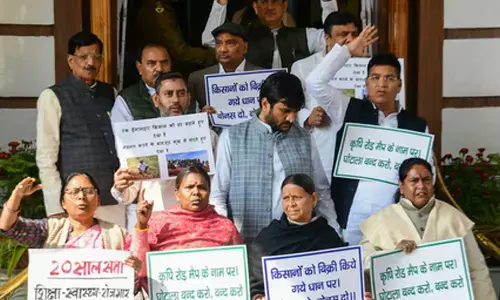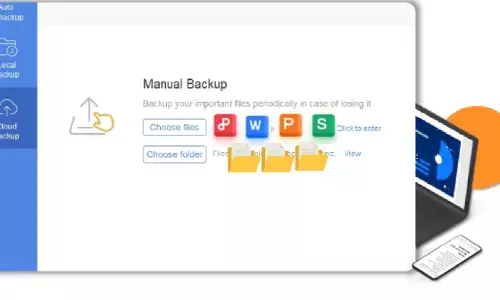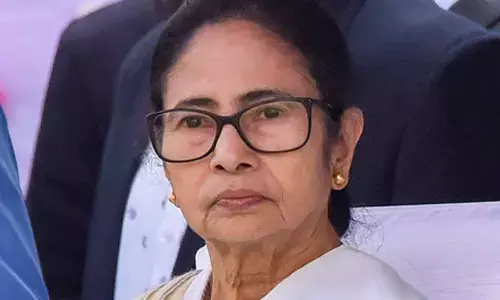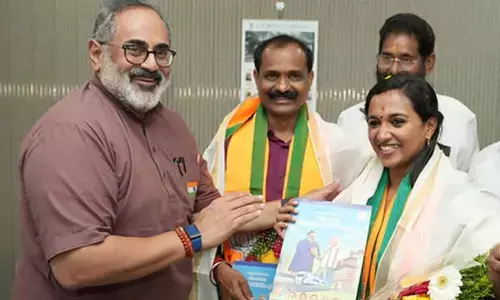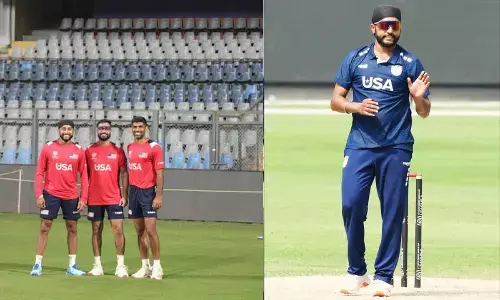RTC Strike: Whose Side Is KCR On - Commuters or Staff?
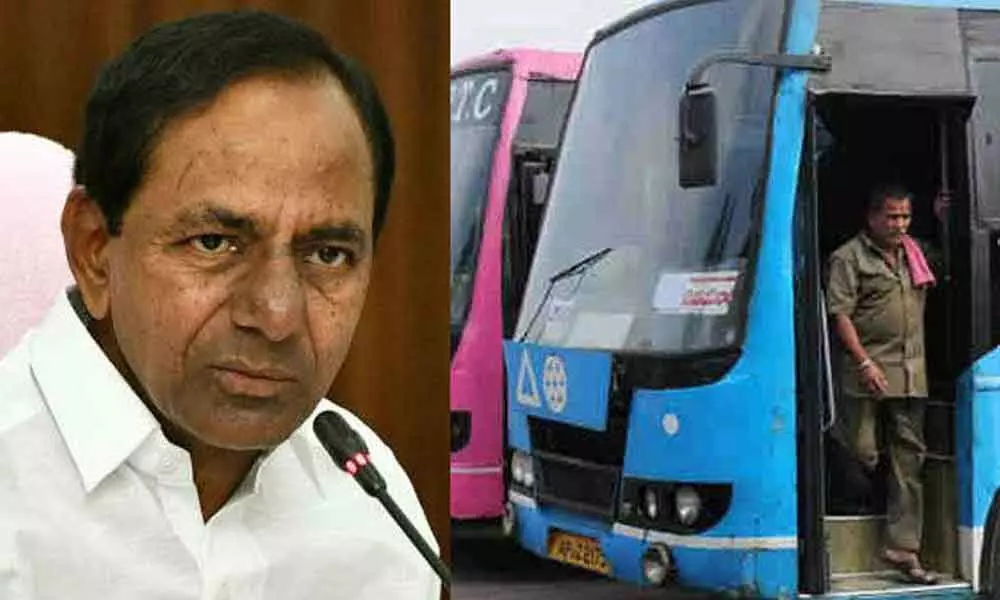
It was 55 days of agony for the general public in Telangana and common folks had to struggle to find means of transport to commute to and from their offices.
It was 55 days of agony for the general public in Telangana and common folks had to struggle to find means of transport to commute to and from their offices. Schools declared an extended Dasara vacation so as to avoid inconveniencing those who depend on public transport for their daily commute. To make matters worse, cab aggregators cashed in on the situation to exploit the gullible public who had no choice but to cough up a small fortune to ensure their routine was a smooth sail. Even if it meant shelling out a few extra bucks they did it, if only unwillingly as they didn't want their schedule disturbed.
Telangana chief minister K Chandrashekar Rao came in for a lot of flak for close to two months. People wondered how a chief minister, minister, himself a product of a prolonged agitation for a separate state, could turn a Nelson's eye to the RTC strike which put the common citizens to great inconvenience. He also earned his fair share of bouquets for being firm on not giving in to the demands of the striking RTC staff. Even when he knew that the employees were taking it a little too far, he chose to turn a blind eye and wait for them to come back.
Yet when it all ended, who did it benefit? The striking employees. KCR played his cards only as a veteran would. In one fell swoop, he boxed the the unions into a corner. And suddenly, the optics changed. The union leaders appeared to be self-serving bosses manipulating guileless workers. The JAC leader, Ashwathama Reddy, found himself along with other union chiefs, at the receiving end of things. Not only did KCR let the RTC workers who had gone on strike off the hook, but in a masterstroke, showered sops on them to win them over. And he went the whole nine yards—besides assuring job security, KCR also increased the retirement age from 58 to 60. The issue of privatisation went out of the window. The chief minister had lunch with RTC workers from depots across the state to discuss their problems. He cracked jokes with them and struck an instant chord with them as he so often does, by speaking to them as one of their own in his earthy dialect rooted in Telangana. KCR also said that women staff will get benefits on par with other state govt employees. Now, besides being a strong-willed chief minister, he's now also being hailed as a Telangana hero by the same govt staff who had opposed him.
Soon after the strike ended, KCR vowed to make TSRTC a profitable venture, but we didn't know that ultimately it would be the general public which will be made to pick up the tab and pay the hiked bus fares. So, the striking employees get a sweet deal with salary lost man days and the commuters who use the public transport and have already lost a lot of money stand punished. How fair is this? As just as everything else in public life these days. Why and when did KCR melt? Why were the TRSTC staff spared? Imagine being rewarded for skipping work and the already burdened public having to pay for the delinquency of those who shrugged off their responsibilities.
Why didn't the CM empathise with the public? Shouldn't that have been his first call? What about the lives lost because of the negligence and reckless driving of untrained drivers? What about the workers who committed suicide or those who died of worry and anxiety?
These disturbing questions haunt us after the denouement of the long-drawn strike, but from a political standpoint, KCR emerged stronger. He once again proved his mettle as the Chanakya of Telangana politics and just when one thought his opponents had an opportunity of rallying around and gaining ground, they were left red-faced.








